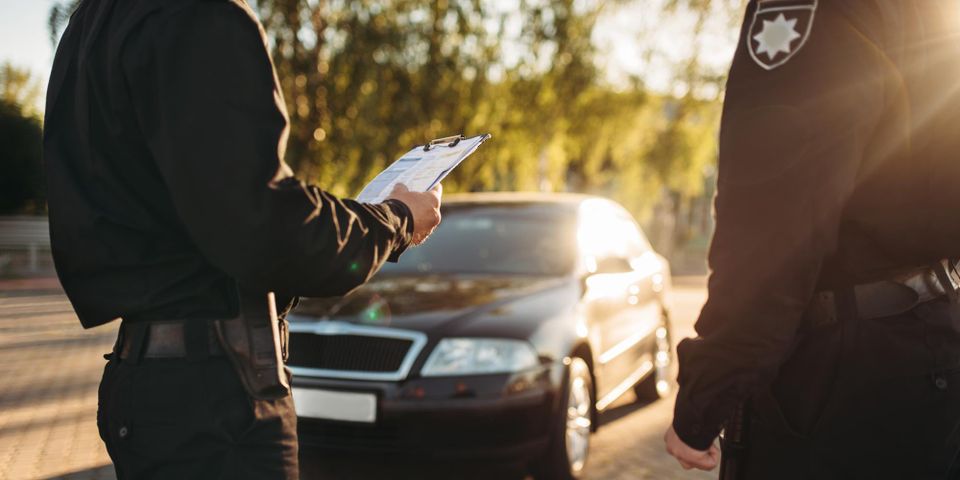
Getting pulled over by the police can be a nerve-wracking experience, especially if you’re unaware of your rights. Many routine traffic stops end with the driver being arrested due to a simple oversight regarding vehicle searches. There are specific regulations that dictate when an officer is legally allowed to conduct a search. Knowing what these are can help you avoid criminal charges and the consequences of a conviction. The law considers a search reasonable under the following circumstances.
Instances in Which Law Enforcement Can Conduct a Vehicle Search
Warrant
In the event an officer has a search warrant or warrant for the driver’s arrest, a vehicle can automatically be searched. However, there are still rules they have to follow. For example, if they are looking for a gun, they can only search areas of the vehicle that could accommodate a firearm.
Probable Cause
 If a law enforcement officer finds probable cause to inspect your vehicle, it means that they believe they have a clear reason to suspect that you’re involved in a criminal act, such as being in possession of drugs or driving while intoxicated. An admission of guilt, witness statements, or the smell of alcohol or marijuana are a few different ways probable cause may be obtained. Probable cause of a traffic violation alone will generally not be sufficient basis to conduct a vehicle search.
If a law enforcement officer finds probable cause to inspect your vehicle, it means that they believe they have a clear reason to suspect that you’re involved in a criminal act, such as being in possession of drugs or driving while intoxicated. An admission of guilt, witness statements, or the smell of alcohol or marijuana are a few different ways probable cause may be obtained. Probable cause of a traffic violation alone will generally not be sufficient basis to conduct a vehicle search.
Evidence in Plain View
Police officers have the right to look through car windows during a traffic stop. If they see any illegal substances or evidence of a crime while doing so, this will serve as justification to seize the evidence and perform a full search of the vehicle.
Incident to an Arrest
If you have been lawfully arrested, law enforcement can take this opportunity to search your vehicle, but again, certain protocol must be followed. They may only look in areas within the driver’s control, which typically excludes the trunk. In general, this search can only occur while the arrested party is still on scene.
Consent
If an officer asks to look inside your vehicle and receives your consent, they may proceed without a warrant or probable cause. It’s important to know that the Fourth Amendment protects citizens from unlawful searches and seizures. This means you have a right to refuse their request as long as one of the above circumstances doesn’t apply.
If you believe the police may have unlawfully searched your vehicle or that you have been unlawfully arrested, don’t hesitate to contact an attorney at the Monteleon Law Group in White Plains, NY, to explore your legal options. They’re committed to fighting for their clients’ rights. Call (914) 564-5698 to set up a consultation or visit their website to learn more about the services they offer.
About the Business
Have a question? Ask the experts!
Send your question

